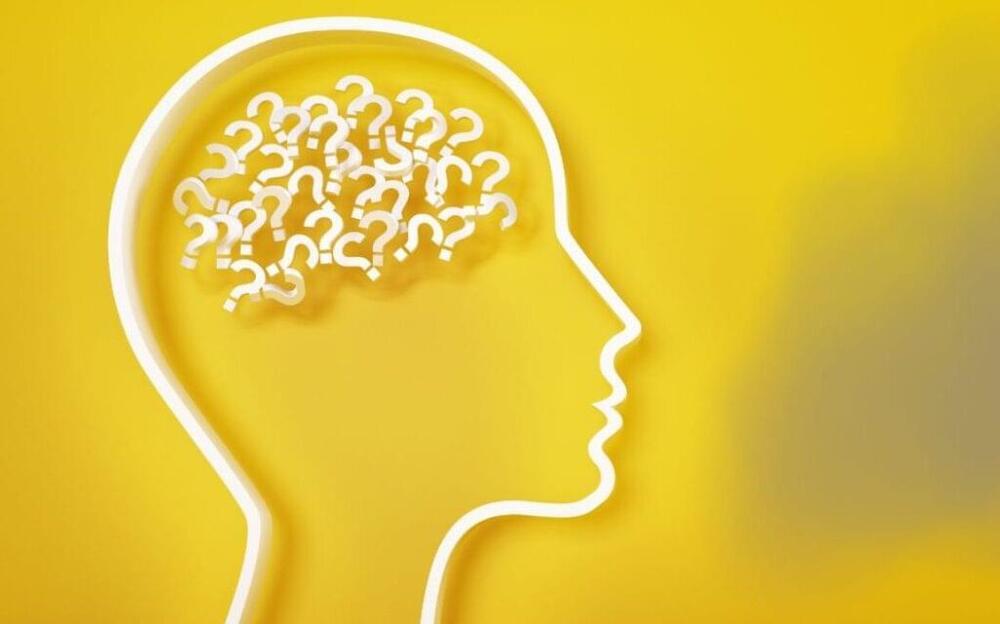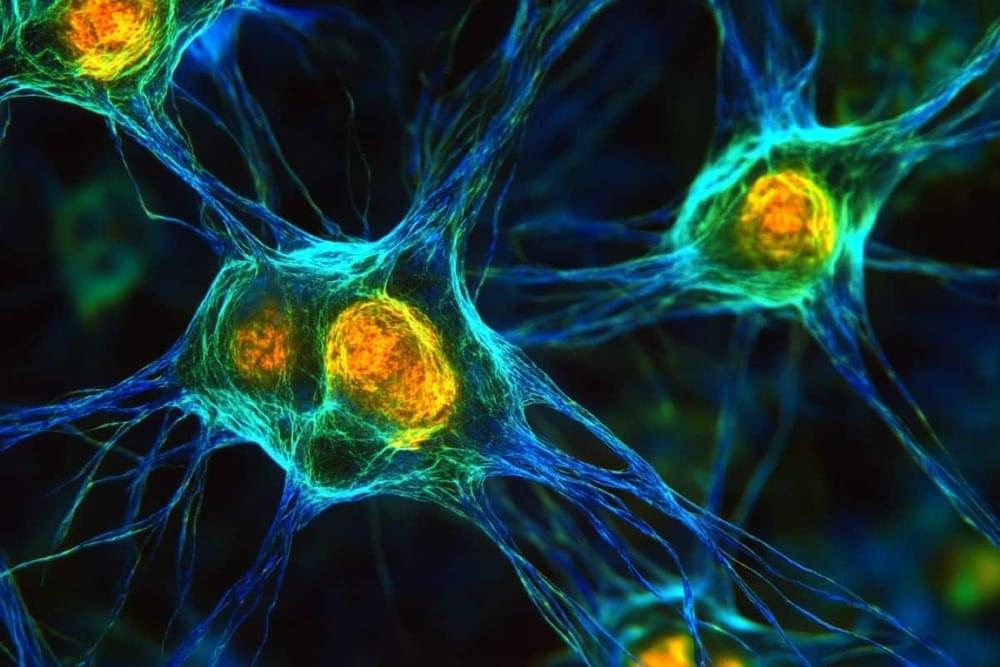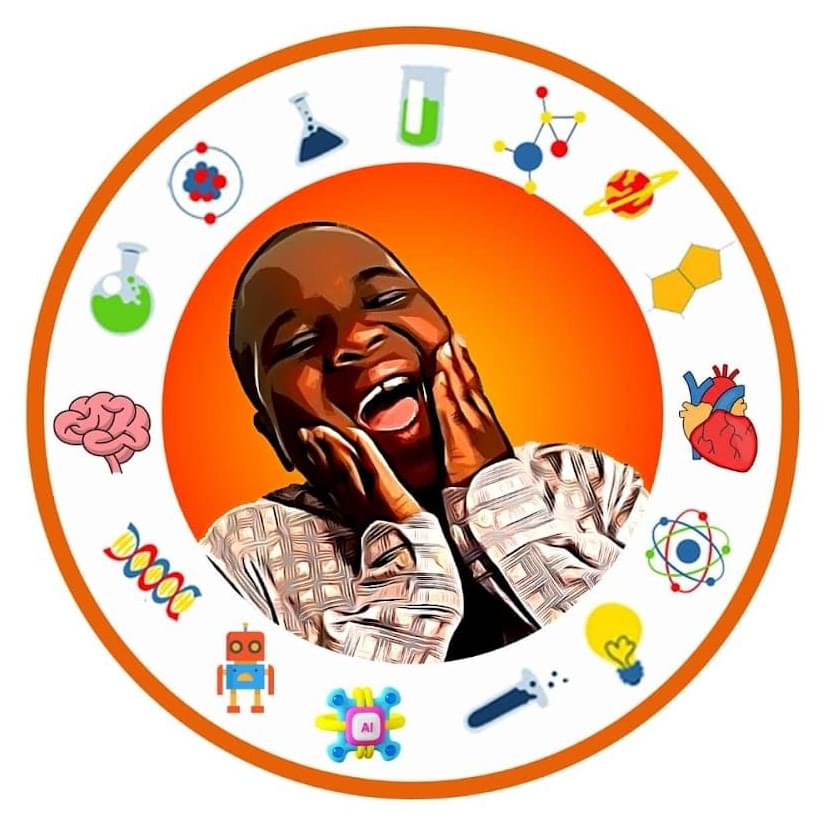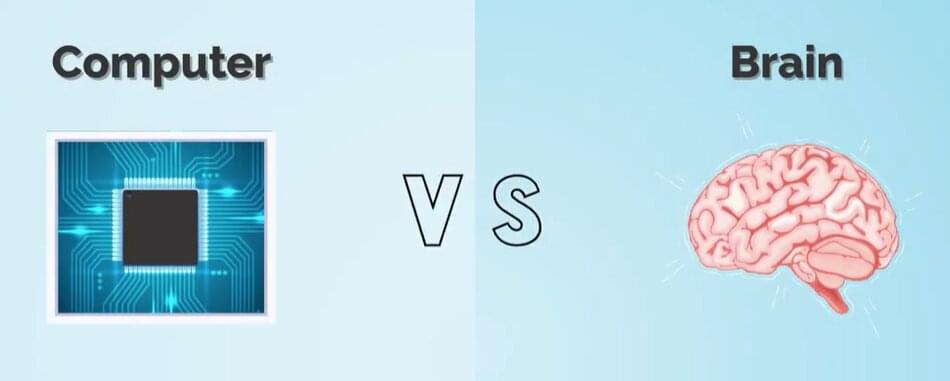
Exposure to certain pollutants, like fine particles (PM2.5) and nitrogen oxides (NOx), during pregnancy and childhood is associated with differences in the microstructure of the brain´s white matter, and some of these effects persist throughout adolescence. These are the main conclusions of a study led by the Barcelona Institute for Global Health (ISGlobal), a centre supported by “la Caixa” Foundation. The findings, published in Environmental Research, highlight the importance of addressing air pollution as a public health issue, particularly for pregnant women and children.
An increasing amount of evidence suggests that air pollution affects neurodevelopment in children. Recent studies using imaging techniques have looked at the impact of air pollutants on the brain’s white matter, which plays a crucial role in connecting different brain regions. However, these studies were limited in that they only looked at one timepoint and did not follow the participants throughout childhood.
“Following participants throughout childhood and including two neuroimaging assessments for each child would shed new light on whether the effects of air pollution on white matter persist, attenuate, or worsen,” says ISGlobal researcher Mònica Guxens. And that is what she and her team did.

















